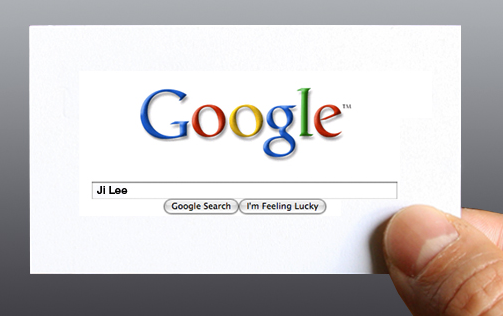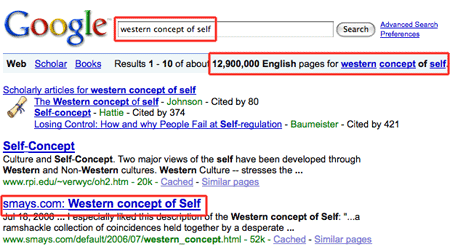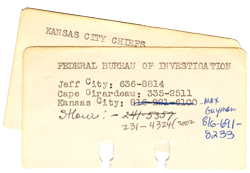Thanks to Melody and Nathan for treating us to the powerful documentary Burma VJ, part of Columbia, MO’s True/False Film Festival.
“A tense suspense thriller in the guise of a new-form political documentary, begins in 1988, when Burma’s military junta brutally shot and killed 3,000 demonstrators, imprisoned opposition leader Aung San Suu Kyi, and outlawed independent journalism. In the years since, the Democratic Voice of Burma, a “television station in exile,” has begun sneaking images of the repression out of the country. Using cheap handicams, cell phones, short-wave radio and satellite feeds, the DVB transmits startling footage across the globe, fueling international outrage against the totalitarian government. When the nation’s Buddhist monks decide to take to the streets in September 2007, joined by tens of thousands of students, the DVB was there, allowing the world to watch both this event and its brutal aftermath. A testament to the courage of journalists and a cautionary tale for dictators, Burma VJ is truly inspiring.”
Nathan figured I’d enjoy this film because he reads this blog and knows I’m interested in journalism/media/video. And he was right. This story grabbed me from the beginning.
If I could ask one of the generals who control Burma just one question, it would be: Which is the greater threat to your dictatorship, guns or video cameras?
At the end of the film, the director, Anders Ostergaard, talked about the film and the audience was invited to donate money that would be used to buy more and smaller cameras for the DVB (smaller cameras are less likely to be discovered).
I take for granted that I can take a photograph, shoot some video or make an audio recording in any public place. And then publish it here for the world to see. I’ll try to remember there are others risking their lives and freedom to do so. One of my favorite lines from the film: “Those who are not afraid to die,come to the front.”
I assume Burma VD will be available on DVD, if it’s not already. I encourage you to watch it.



 One of the reporters in one of our newsrooms has a Rolodex that goes back 30+ years. The cards are worn from handling and yellowed by the years. I have no idea if he also maintains some kind of computer file as well. Doubtful.
One of the reporters in one of our newsrooms has a Rolodex that goes back 30+ years. The cards are worn from handling and yellowed by the years. I have no idea if he also maintains some kind of computer file as well. Doubtful.